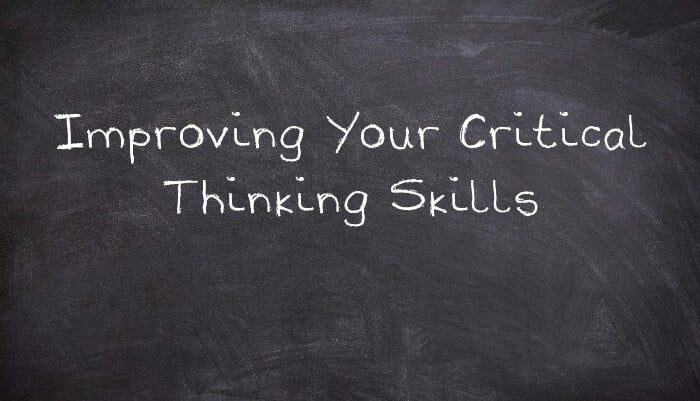Improving critical thinking skills
Improving critical thinking skills in relation to reading comprehension involves developing the ability to analyse, evaluate, and interpret texts. Here are some strategies that can help:
- Active reading: Active reading involves engaging with the text by asking questions, making connections, and summarising the content. As you read, ask questions like "What is the author trying to say?", "What is the main idea of this text?", "What is the author's purpose?", and "What are the implications of the information in this text?".
- Identify biases and assumptions: Authors may have biases or assumptions that shape their perspective. Identify these biases and assumptions and consider how they may affect the information presented in the text.
- Evaluate evidence: Authors may present evidence to support their claims. Evaluate the evidence to determine if it is credible and if it supports the author's claims.
- Consider multiple perspectives: Different texts may present different perspectives on a topic. Consider multiple perspectives and evaluate the strengths and weaknesses of each perspective.
- Analyse arguments: Authors may present arguments to support their claims. Analyse the arguments to determine if they are logical and well-supported.
- Practice reflective reading: Reflective reading involves thinking critically about what you have read. Reflect on the information presented in the text, consider its implications, and think about how it relates to your own experiences and beliefs.
- Use graphic organisers: Graphic organisers like Venn diagrams, concept maps, and flowcharts can help you visually organise information and identify relationships between ideas.
- Summarise and synthesise information: Summarise the main ideas of a text in your own words. Then, synthesise the information by combining it with other information you have learned to form a new understanding.
- Use critical thinking questions: Use questions that encourage critical thinking, such as "What is the author trying to say?", "What is the main idea of this text?", "What is the author's purpose?", and "What are the implications of the information in this text?".
- Practice, practice, practice: Critical thinking is a skill that improves with practice. Practice critical thinking by reading a variety of texts and using the strategies mentioned above.
By using these strategies, you can improve your critical thinking skills in relation to reading comprehension and develop a deeper understanding of the texts you read.
